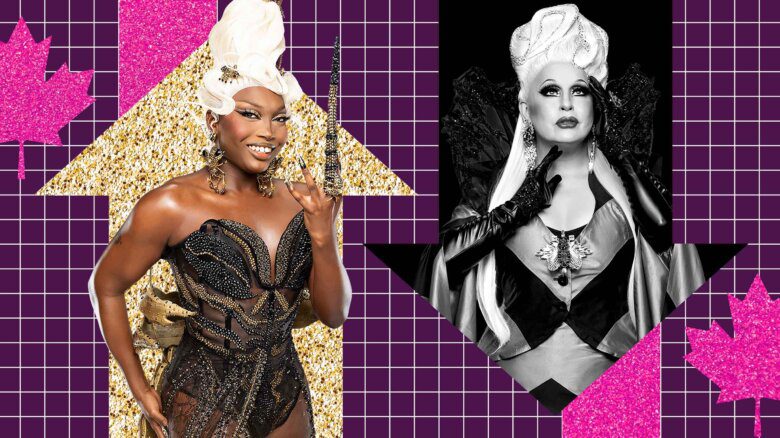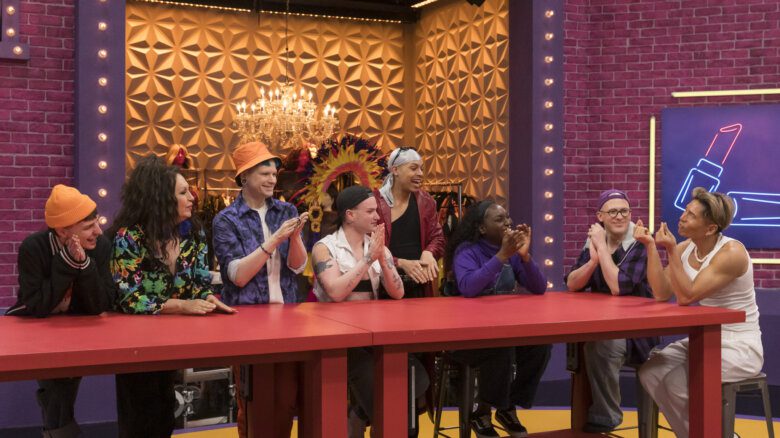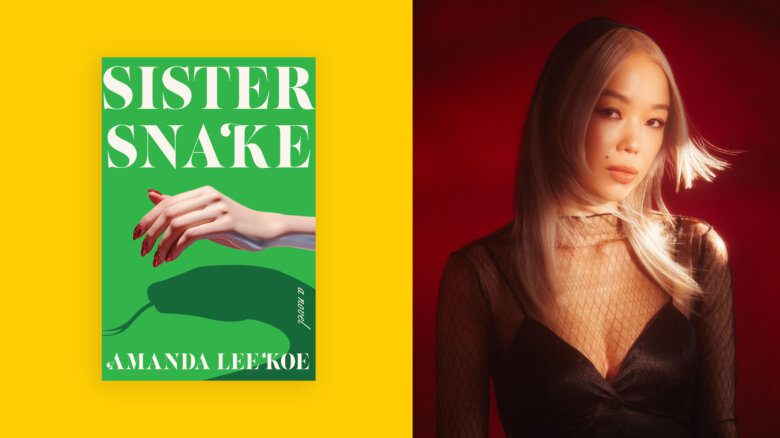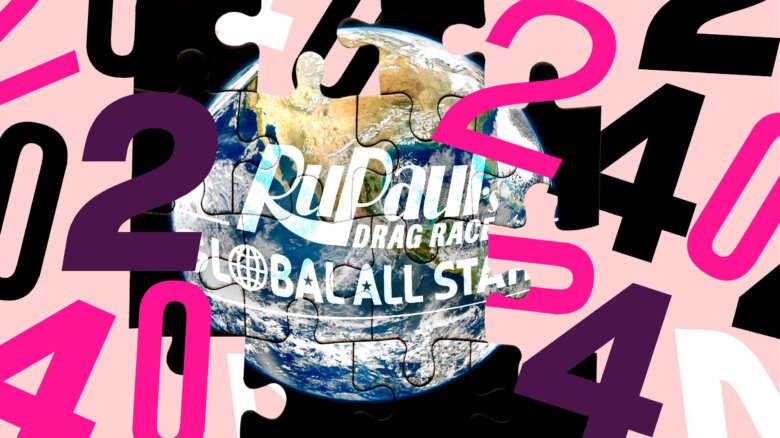Once again, a major professional sport has been rattled by controversies related to franchise-sponsored Pride nights. Last week, Major League Baseball team the Los Angeles Dodgers announced they would be relaunching a “Christian Faith and Family” event. The new themed evening was created after the team garnered controversy for inviting, uninviting, then reinviting philanthropic drag troupe the Sisters of Perpetual Indulgence to their upcoming Pride celebration.
The Dodgers aren’t alone in dealing with what has quickly evolved into a tense political moment for demonstrations of corporate Pride. Earlier this week, Trevor Williams, a pitcher for the Washington Nationals, garnered backlash when he posted to social media, objecting to the Dodgers’ decision to reinvite the Sisters. The Nationals will also hold a “Faith Night” this year.
In Canada, Toronto Blue Jays reliever Anthony Bass issued a brief apology for a post he made to social media supporting anti-LGBTQ2S+ boycotts of brands like Target and Bud Light.
These Pride-related PR flare-ups are similar to what happened in the NHL a few months ago, in that a handful of players have begun publicly objecting to LGBTQ2S+ celebrations and campaigns. As with the NHL, the emergence of a large and overwhelming right-wing movement against trans people outside the league has also seemingly influenced the plans of MLB’s upcoming corporate Pride plans.
Many conservative players have complained that when their teams endorse LGBTQ2S+ events and ask their rosters to participate, they force players to act in ways that conflict with their political or religious views.
Curiously, no MLB players seemed to object to the introduction of pregame U.S. military pomp and circumstance that swept across the American sports landscape after 9/11 in the early 2000s. Not to mention that games have long carried political weight. Baseball pregame celebrations have been political since President William Howard Taft threw out a first pitch at a Major League ballpark in 1910. In 2001, then president George W. Bush threw out perhaps the most famous first pitch in baseball history, when he stepped to the mound in Yankee Stadium just weeks after 9/11. It felt like a nationalistic political ad in a time when emotions ran high for many Americans.
In fact, the Nationals ball club, the geographic successors to the old Washington Nationals, should be aware of their city’s own history of political baseball. The Senators, the first team to play in D.C., maintained a special presidential box for the sitting president to attend any home games for 50 years at Griffith Stadium before the club moved to Minneapolis in 1961.
In recent weeks, some conservative players on teams that hold Pride celebrations have tried to avoid participating on religious grounds, claiming that when their teams hold Pride Nights they imply that all players on the field endorse the LGBTQ2S+ community. But by that logic, does that mean every player who’s ever played in a game in which the president threw out the first pitch also endorsed the views of that president? When former president Donald Trump was relentlessly booed at Yankee Stadium in 2019, did the crowd believe the players on the field at the time all planned on voting for him? Obviously not.
Men’s professional sports—and baseball in particular—has long had a complicated relationship with queerness, which is frequently associated with a lack of typical “masculinity”— and, as such, a lack of player athleticism. MLB has never had an openly gay player in the league, though a handful of former players have come out after their MLB careers ended.
It’s that history we should keep in mind as we watch the Dodgers and Nationals fumble around for a solution to please all sides in this. In particular, the Dodgers’ suggestion of a “Christian night” is especially ridiculous. There are more branches of Christianity than there are letters in the LGTBQ2S+ acronym, and many of them are supportive of queer rights.
“The modern conservative movement is hell-bent on returning LGBTQ2S+ people to the furthest margins of society.”
If you’re proposing a “Christian Night” to balance out a Pride Night, you’re putting the two in opposition to one another. But that only endorses certain sects of Christianity. Additionally, it overlooks the importance of Pride in general.
I happen to live in one of the most progressive towns in the U.S.—and still, as I drive along the town’s main street, I routinely pass by at least a dozen Christian churches. Setting aside the fact that many of these churches signal their inclusiveness to LGBTQ2S+ identities by flying a Pride flag, the message that I get while driving is that Christianity is a central part of public life, even in my town’s ultra-progressive, queer-inclusive bubble.
The modern conservative movement is hell-bent on returning LGBTQ2S+ people to the furthest margins of society. Placing Christianity in direct opposition to queer and trans rights is a strategy they’re using to do so, and MLB is capitulating to this tactic.
The underlying goal to all of these anti-Pride protests is to force anyone who is willing to signal mainstream acceptance of LGBTQ2S+ rights to back down. From boycotts of Bud Light, and Target, to criticisms of the NHL and the Dodgers, conservatives are trying to eradicate queer and particularly, trans lives and rights from society.
The most common critique of rainbow-washing corporate Pride efforts is that these gestures of queer support would disappear the second they threaten a company’s bottom line. Those critiques have proven true over recent times as both Budweiser and Target have run for cover in the face of a conservative backlash.
The Nationals, Dodgers or any other company facing one of these backlashes shouldn’t back down. If you and your company truly support your LGBTQ2S+ employees and customers, you should be holding the line on your already paper-thin shows of queer solidarity.
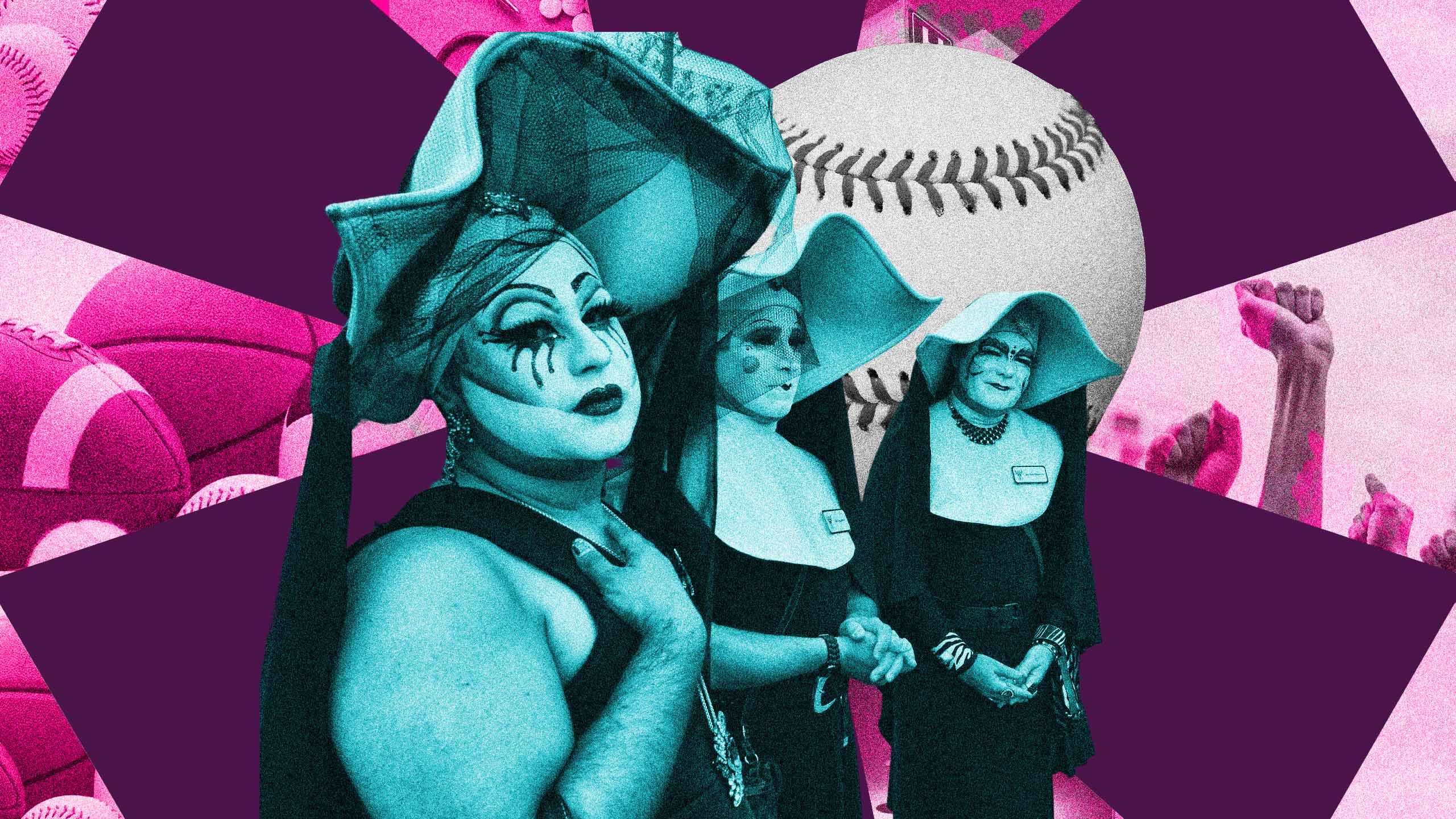

 Why you can trust Xtra
Why you can trust Xtra